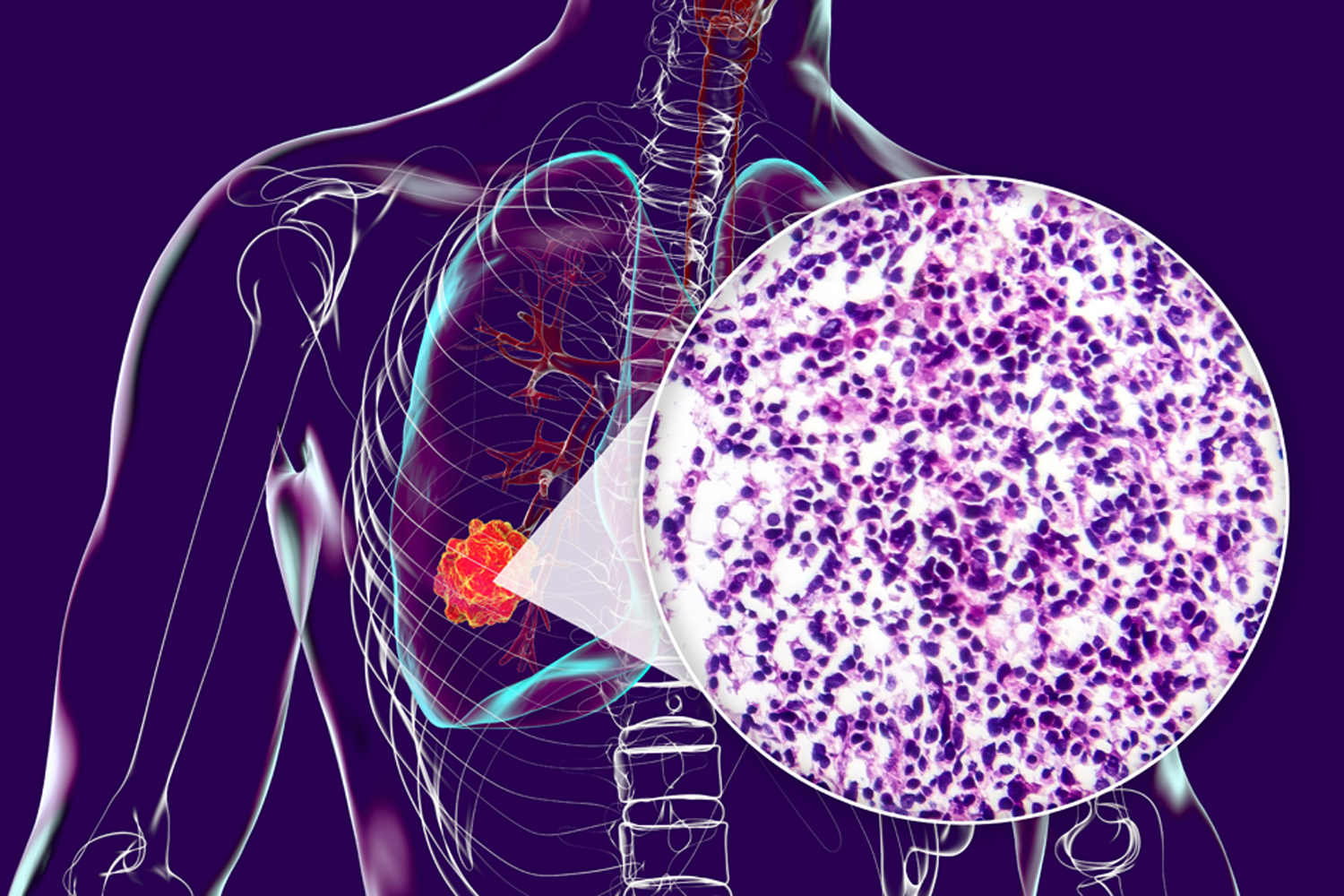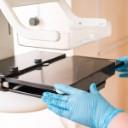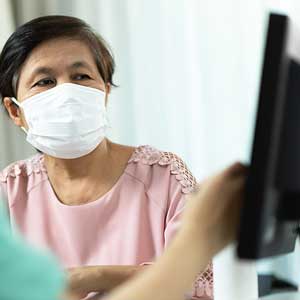-
Cervical Cancer Screening Guideline Updated
A new version of the American Cancer Society's cervical cancer screening guideline says screening can start at a later age and highlights human papillomavirus testing as the preferred method.
by Anna Azvolinsky
-
Support Grows for Making Transfusions a Part of Hospice
Blood cancer patients have low rates of enrollment in hospice. One barrier to enrollment is that many hospices do not provide blood transfusions.
by Jon Kelvey
-
Anal Cancer Diagnoses and Deaths Are Rising in the U.S.
Study underscores importance of early detection and prevention.
by Jane Langille
-
In It for the Long Haul
Doctors and researchers met online to discuss how the coronavirus pandemic changed cancer care in its early months, as well as how they can improve care and advocate for patients going forward.
by Kate Yandell
-
The Pandemic’s Impact on Cancer Screening and Detection
Delays in cancer screening and diagnosis due to the COVID-19 pandemic put people at risk.
by Kevin McLaughlin
-
From the Editor-in-Chief
Measuring a Cancer Drug’s EffectivenessSurrogate endpoints can speed up drug approvals, but are they valid measures of effectiveness?
by William G. Nelson, MD, PhD
-
Forward Look
Cancer Treatments and Antioxidant Supplements Can Be a Bad MixChristine Ambrosone on what her research shows.
by Sue Rochman
-
Forward Look
Here Come the BiosimilarsAs patents expire on biologic drugs, cancer patients get new options.
by Stephen Ornes
-
Forward Look
More Treatments Approved for Metastatic Breast CancerTargeted therapy approvals increase options and hope for some patients.
by Cameron Walker
-
Forward Look
Cancer Death Rate Decline Makes HeadlinesExperts say it's necessary to look behind the statistics.
by Delia O’Hara
Cancer Talk
Treatment Combination Improves Survival in EGFR-positive Lung Cancer
Adding chemotherapy to targeted therapy improves outcomes for people with advanced EGFR-positive non-small cell lung cancer.
by Sandra Gordon
Lessons From 20 Years Living With CancerMultiple myeloma survivor Jonathan Gluck reflects on uncertainty, and the scientific progress that has kept him living with cancer for more than two decades.
by Eric Fitzsimmons
The Enduring Importance of Cancer Disparities ResearchOpening session from AACR conference highlights how perseverance and adversity have informed cancer disparities research over the years.
by Eric Fitzsimmons
Most Cancer Survivors Don’t Meet Healthy Diet GoalsDespite research linking fruits and vegetables to cancer survival, many people do not change their eating habits after diagnosis.
by Darlene Dobkowski















